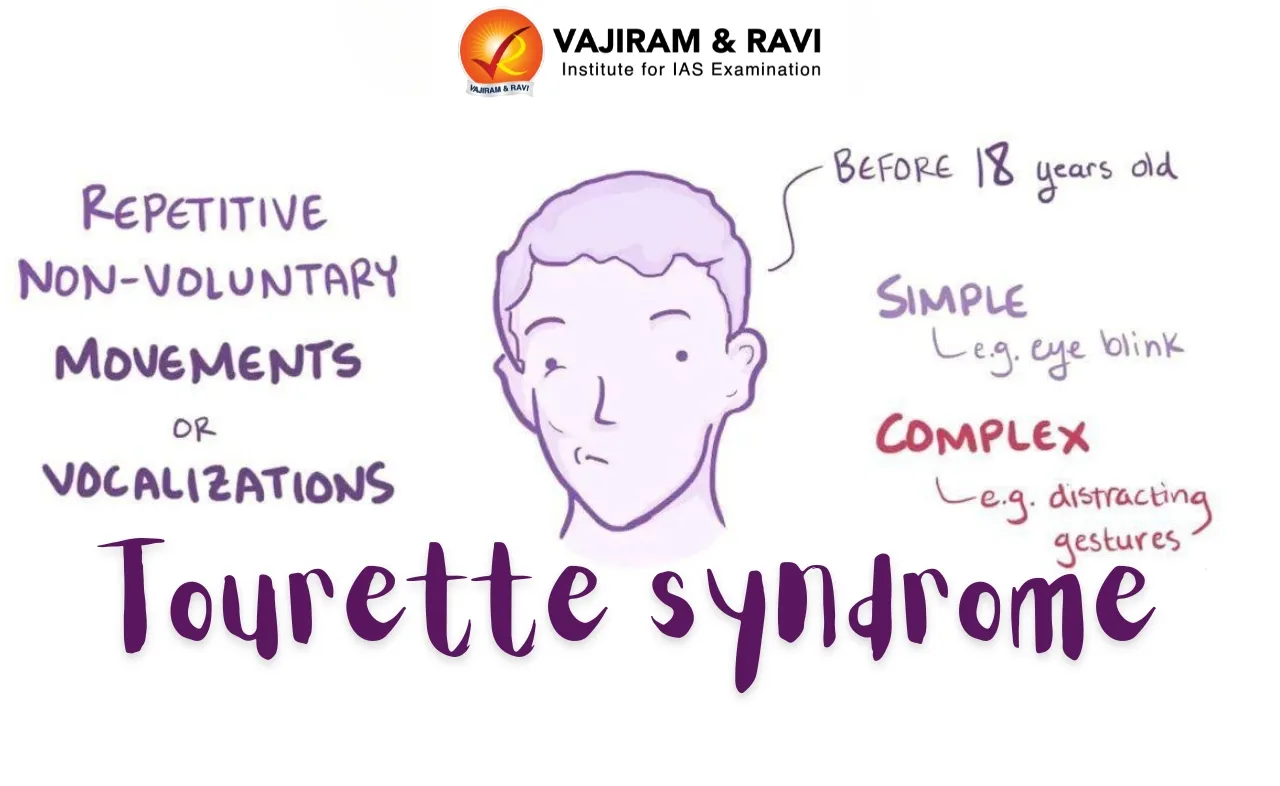About Social Bonds
- Social bonds, also known as social impact bonds and abbreviated as SIB, are the type of bond where the bond issuer is gathering funds for a project that has some socially beneficial implications.
- These bonds are designed to finance projects that address various social issues, such as healthcare, education, affordable housing, poverty alleviation, and environmental sustainability.
- The Pimpri Chinchwad Municipal Corporation (PCMC) in Maharashtra’s Pune and United Nations Development Programme (UNDP) in 2020 co- created India’s inaugural SIB.
- Features of Social Bonds issued by NABARD:
- This is the first externally certified AAA-rated Indian Rupee-denominated SIB in the country. The bonds have been rated ‘AAA’ by CRISIL and ICRA.
- The base issue size of the social bonds was ₹1,000 crore, with an option to retain oversubscription up to ₹2,000 crore, thereby aggregating up to Rs 3,000 crore.
- The face value of each bond is ₹1 lakh.
- Maturity: 5 years
- Coupon Rate: 7.63 per cent.
- Sustainability Bond Framework:
- NABARD recently announced a Sustainability Bond Framework, which seeks to finance and refinance new or existing eligible green and social projects.
- Eligible social projects include affordable basic infrastructure, access to essential services, affordable housing, employment generation, food security, socioeconomic advancement, and empowerment.
- Projects that promise energy efficiency, including green buildings, energy storage, and smart grids, would also be eligible to get funding through the new breed of bonds that NABARD is rolling out.
Key Facts about NABARD:
- It is a financial institution that was set up by the Indian government to promote sustainable agriculture and rural development in the country.
- It is the main regulatory body in the country’s rural banking system.
- Formation:
- It was established in 1982 as a central regulating body for agriculture financing and the rural section.
- The government of India established NABARD under the outlines of the National Bank for Agriculture and Rural Development Act 1981.
- Objective: Promoting agriculture and rural development through participative financial and non-financial interventions, innovations, technology and institutional development for securing prosperity.
- Some of the activities undertaken by NABARD for rural development include:
- Provision of refinance support
- Improving rural infrastructure
- Supervision of Regional Rural Banks (RRBs) and Cooperative Banks
- Training artisans to develop handicraft activities and offering them help in marketing their produce
- Preparation of credit plans at a district level and encouraging banks to achieve these targets
- Development of sound banking practices within the economically backward sections of India
Q1) What are Bonds?
Bond is a fixed-income instrument that represents a loan from an investor to a borrower. It is a contract between the investor and the borrower, where the borrower uses the money to fund its operation and the investors receive interest on the investment
Source: Social bonds explained as NABARD raises Rs 1,040 crore via its inaugural issue
Last updated on June, 2025
→ UPSC Notification 2025 was released on 22nd January 2025.
→ UPSC Prelims Result 2025 is out now for the CSE held on 25 May 2025.
→ UPSC Prelims Question Paper 2025 and Unofficial Prelims Answer Key 2025 are available now.
→ UPSC Calendar 2026 is released on 15th May, 2025.
→ The UPSC Vacancy 2025 were released 1129, out of which 979 were for UPSC CSE and remaining 150 are for UPSC IFoS.
→ UPSC Mains 2025 will be conducted on 22nd August 2025.
→ UPSC Prelims 2026 will be conducted on 24th May, 2026 & UPSC Mains 2026 will be conducted on 21st August 2026.
→ The UPSC Selection Process is of 3 stages-Prelims, Mains and Interview.
→ UPSC Result 2024 is released with latest UPSC Marksheet 2024. Check Now!
→ UPSC Toppers List 2024 is released now. Shakti Dubey is UPSC AIR 1 2024 Topper.
→ Also check Best IAS Coaching in Delhi






















